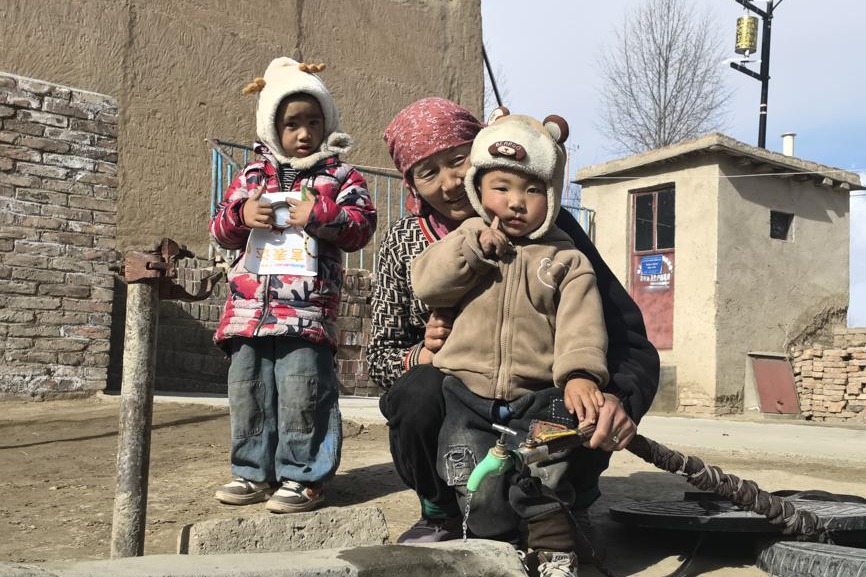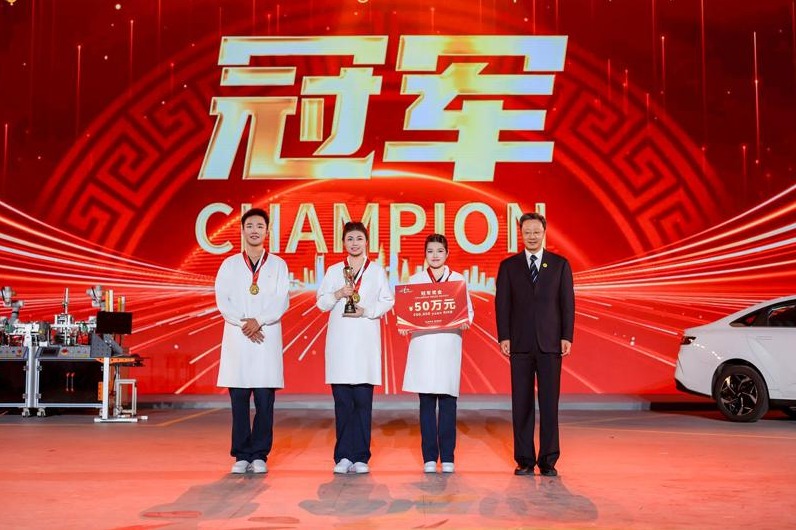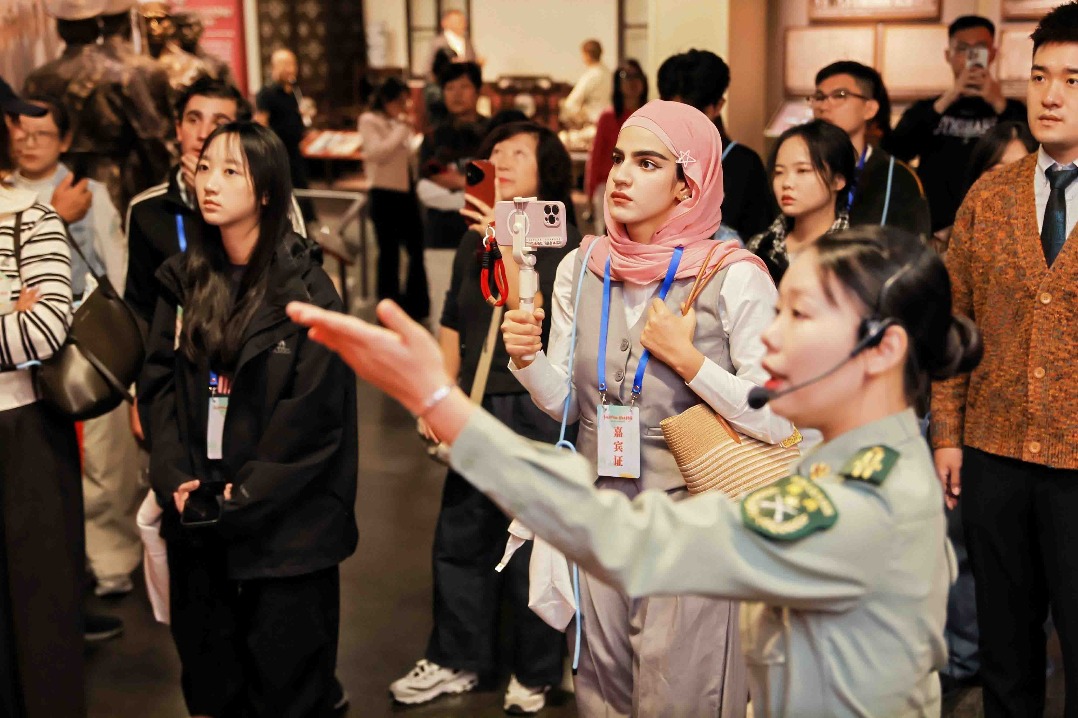National platforms launched to boost recycling efforts

Two national-level recycling platforms were launched in Tianjin earlier this month, in a major step toward creating a unified system for resource recovery and reuse across China.
The National Recycled Steel Trading Service Platform and the China Equipment Asset Recycling Platform, both developed by China Resources Recycling Group Co, aim to address long-standing problems in the recycling sector such as regional fragmentation and a lack of transparency.
According to the State-owned enterprise, the digital platforms will use technologies such as artificial intelligence to link information, logistics and capital, helping to turn waste into valuable resources. "We will apply technologies like AI to integrate information, technology, logistics and capital," said Zhu Jianchun, deputy Party secretary and general manager of CRRG. "This will help shift the resource recycling industry from isolated regional operations to a coordinated national effort."
Zhu said greater data transparency would improve industry oversight, strengthen credit systems and stimulate market activity.
CRRG's recycled steel trading platform has already opened to individual sellers, aiming to simplify scrap metal recycling and boost the supply of green raw materials.
Recycled steel mostly comes from old home appliances and machinery. However, about 90 percent of this material is in the hands of consumers, small vendors, and private collectors, making it difficult to gather on a large scale, according to CRRG.
To tackle this, the enterprise launched a personal trading section on its online steel trading platform. The service uses transparent pricing to attract individual collectors and smaller recycling businesses. Through the platform, they can now easily sell scrap steel to certified companies.
On the platform, individuals can post their scrap steel online, and the system quickly matches them with buyers. Every transaction is recorded and can be fully traced.
The scope of the platforms extends beyond industrial materials to include consumer goods.
A nationwide green supply chain for secure mobile phone recycling has already been launched in 32 major cities.
Residents can use streetside kiosks to conveniently and safely recycle old devices. The service ensures personal data is securely erased, which addresses a key public concern and encourages participation in formal recycling channels.
The company is also achieving high recovery rates for critical battery materials. After disassembly, the recovery rates for nickel, cobalt and manganese reach 99.6 percent, while lithium recovery stands at 91 percent.
"These metals are processed into cathode materials and supplied back to battery makers, creating a closedloop resource cycle," said Bai Chunping, deputy Party secretary and general manager of China Resources Recycling Group Battery Co, a subsidiary of CRRG. This process mitigates the environmental risks of discarded batteries and taps into the potential of "urban mines", he said.
CRRG has also launched the world's first production line that turns retired solar panels into colorful, functional power-generating materials.
This project creates valuable new products from waste, setting a new standard for reusing solid waste.
CRRG is developing refined recycling systems for other sectors as well. The process works like a reverse assembly line.
At specialized facilities, end-of-life cars are carefully taken apart. Any parts that are still functional, such as engines or doors, are inspected, refurbished and sold as second-hand components.
The remaining car body, viewed not as waste but as a source of raw materials, is then sorted into different metals and plastics.
This "vehicle-parts-materials" chain ensures that almost every piece of a retired car is reused or recycled, closing the loop in the automotive life cycle.
During the event, CRRG signed strategic cooperation agreements with several major State-owned enterprises, including China Unicom, to enhance collaboration in digitalization and technology development. Several of CRRG's subsidiaries also signed agreements with partners across the industrial chain.
Marking its first anniversary this month, CRRG is positioning itself as a key driver of China's circular economy under the 14th Five-Year Plan (2021-25) and upcoming 15th Five-Year Plan (2026-30). The company said it is working to build a national digital map for tracking renewable resources and promoting sustainable development.
Liu Yuanqing contributed to this story.
yandongjie@chinadaily.com.cn
- National platforms launched to boost recycling efforts
- DNA study reveals East-West exchanges over 2,000 years ago
- Retired teachers revitalize higher education in Xinjiang
- Chinese scientists develop breakthrough method for aromatic amine applications
- Mobile judicial teams ensure justice for all
- Preparations begin for new space mission




































